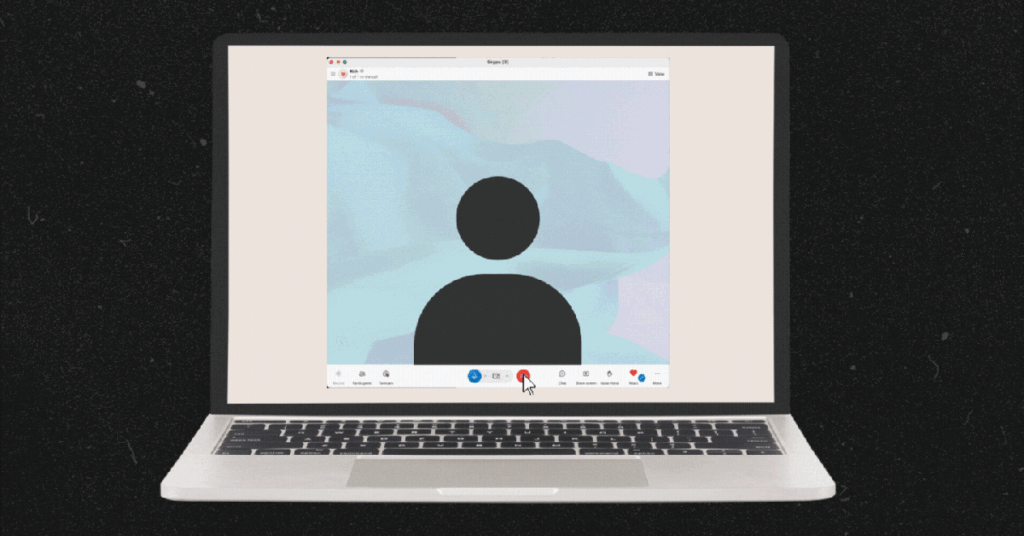Shortly after my mother’s 89th birthday I called her landline via Skype. It was our last such communication ever. Don’t worry, mom’s fine. Skype, however, is as dead as the dire wolf. Deader, probably, because nobody is trying to figure out how to bring Skype back. My mother was born before humans discovered how to use antibiotics and she’s still going. Skype was born in 2003 and only just made it past 20 years.
Technological change is inevitable, but given the current manic pace of innovation, we are more accustomed to experiencing this as the arrival of shiny new tools, not the departure of useful (if slightly simplistic) old ones. When my grandmother was born, there were no planes. When my mother was born, there were no transistors. When I was born, there were no mobile phones. Those technologies are still going strong. In 2019 Skype was declared one of the top 10 most downloaded apps of the 2010s, above TikTok and YouTube and Twitter. That’s only six years ago. I haven’t even been to the gynecologist since then.
Is there a word for the sense of loss you experience when you outlive a technology that changed your life? I know some people feel enough nostalgia for BlackBerrys and Sony Walkmans and even horse gas masks that they have become collectible, but when software goes, what remains? How do we memorialize and mourn a series of zeros and ones that opened a whole new world to us?
I was just old enough when Skype came on the horizon to really appreciate it. As a traveler and an expatriate, I made a lot of long-distance phone calls. A way of reaching lovers, family, and friends when you needed to, long-distance calls had their own kind of romance, especially if you enjoyed having a conversation where every sentence you uttered cost you—and sometimes the person you were talking to—about two dollars. It made you measure your words. If your father was particularly frugal, as mine was, you’d never even try to sing all of “Happy Birthday to You,” for example, for fear of ruining his whole year.
In fact, what a long-distance call often consisted of was long pauses as people tried to think of things to say that were worth the money. In my family, we couldn’t conjure conversation that rich fast enough, so we’d exchange pleasantries, hang up, and then curse ourselves for wasting money on such a nothing call. Friends of mine used to take notes before they called for maximum efficiency. In some countries I visited, you had to pay for a certain number of minutes first, hand over the number you wanted to call, and then go sit in a booth and wait to be connected. The pressure to fill those prepaid minutes with worthwhile content was intense.
Skype was not the only solution to this. There were, briefly, specialized international calling companies where you could pick one or two countries and call them for a bargain rate of, say, 20 cents a minute. (Much of my phone conversation with my father during that era was spent marveling with him at how cheap it was.) But Skype was one of the earliest and easiest to use, and it called landlines for a few cents, so if you could not pry your beloved elders’ hands away from their handsets, it was a godsend. Small talk was possible! You could digress! You could sing all of “Happy Birthday to You” and get halfway through “For He’s a Jolly Good Fellow” before you realized that you actually didn’t miss singing as much as you thought you did.
Invented in 2003 by some now-billionaire northern Europeans, Skype, which used the internet rather than phone lines to connect people, was sold off to eBay in 2005, and eventually ended up at Microsoft, which is retiring it in favor of Teams. As technology goes, this is a familiar cycle: innovation, monetization, ruination. Skype is like that alt-rock group whose live concert was the first you ever saw, but who kept switching record labels and eventually disbanded. At least with a concert tour, you get a T-shirt. All we Skypers have is a vestigial blue S bubble on our phones.
Perhaps Skype’s appeal to the less technologically savvy was what doomed it. I only ever used Skype for one thing: to call my mother’s landline. I didn’t use it for messaging or video. It offered translation and payments and redesigns, all of which I ignored. I bristled when it briefly started sending me daily news items. I acknowledge my complicity in its demise. For me, Skype was like the BOOST button on my mother’s telephone, which turns the volume up; it had a limited but crucial utility.
Now Skype is gone. Though each of her descendants has tried to get her to use any of the communication methods invented after 1876, my mother still wants to pick up the receiver of a ringing phone, like she always has. For her, zooming is what cars do and FaceTiming is what folks used to call coming over for a cuppa. I will now call her (for free) through one of the other apps, which is only slightly more complicated and allows her to keep her feet planted in the technological era in which she feels safe.
But it feels like the distance is getting wider, that the rubber cord between us is reaching the outer limit of its stretchiness. As digital communication grows more sophisticated, she seems older, farther away, less reachable. I can see and hear everybody else clearly, but mom is just a whisper. And I can’t help worrying that it’s not just inventions that cannot keep up that get abandoned sooner—it’s people. I know Skype was just a stage, and pouting over its demise is like wishing cocoons never became butterflies, but still, I would have liked a T-shirt.
Read the full article here


